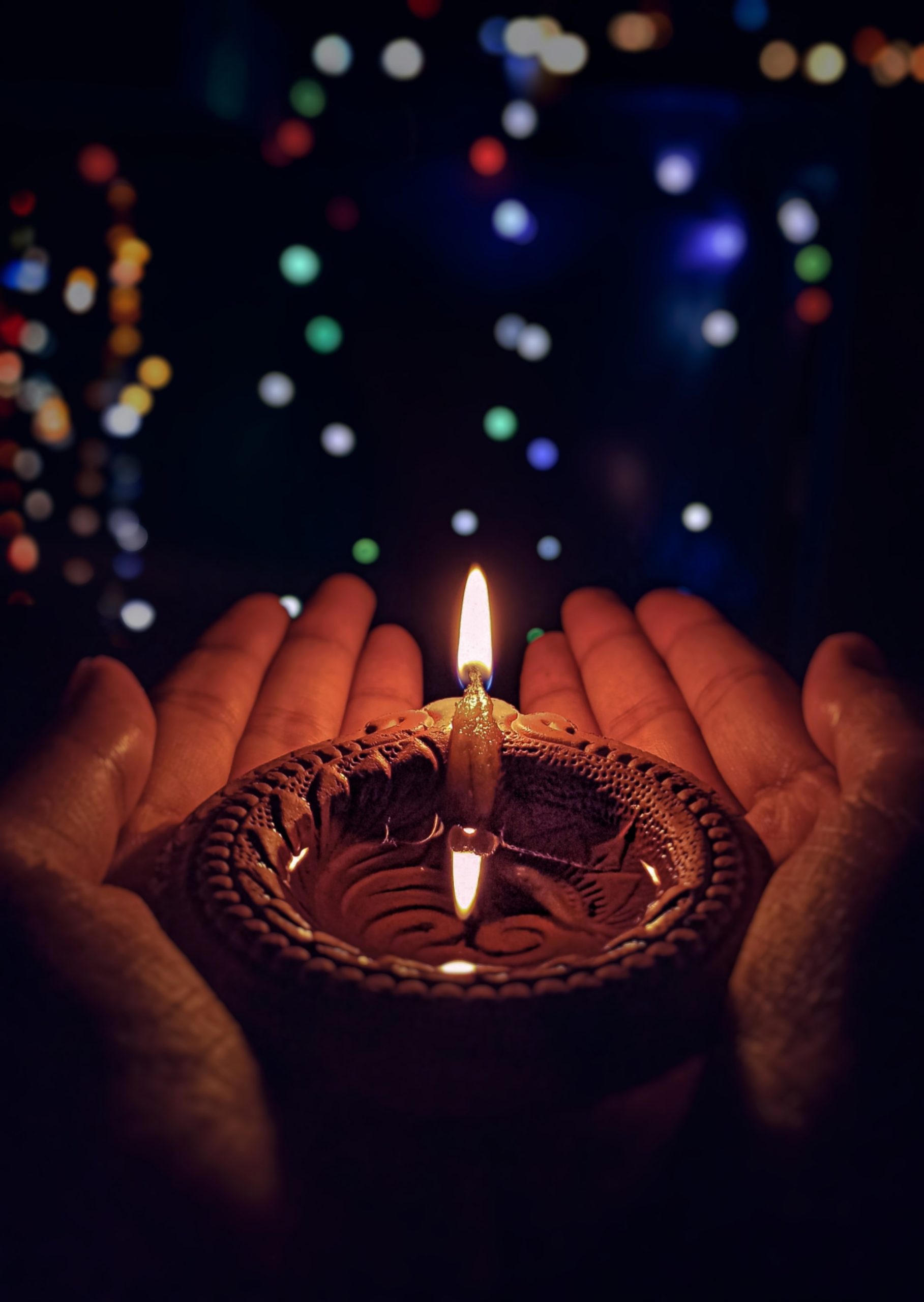[Written by Kieren Mehta (he/him)]
[Photo by Umesh Soni on Unsplash]
[Content Warning: discussions of race]
What does it mean to be ‘British’? Immediately we think this person is from ‘Britain’, but it also includes people who come from lands that were previously under the Empire’s authority. I am British-Indian, and while the latter is evident on sight, the former might need to be clarified; when asked, I learned to say I was British first. Stories of POC taking their ‘home’s’ food to school and being teased, feeling shame, and spurning this part of themselves are relatively mainstream, with most of us having heard or told them ourselves. These stories are not what I am here to tell, but to build something new from the old.
The journey of reconnecting with your heritage is often told as such: from ignorance of being any different (no shame); to recognising and disdaining your difference (shame, resentment); towards a gradual acceptance of your difference (residual shame); and finally, the golden endpoint: complete comfort with your difference. It seems that very few reach the final stage, and fewer yet have had a linear journey. For all the teasing I got in primary school, there were autumns when I brought in sweets that were made of silver, and everyone grinned. Or summers I was clutching sliced mangoes, so orange, even the teachers asked to try them. There was always colour…somewhere.
My resentment came from within and I fed the beast, egged on by having one foot in each world – the fate of every second-generation immigrant. One study claims that the two acculturation strategies best preferred by [second-generation] Indian adolescents are integration and separation. However, most admitted to performing assimilation in environments where they were the minority. The difficulty that comes with appreciating one’s own heritage stems from a preference for ‘otherness’; as a queer person with a strongly spiritual family, this was particularly relevant for me. The person I was slowly becoming was rejected by my family and my heritage, on two fronts, culturally and religiously. In return, I viscerally rejected them back, and I am not surprised at the many who have done the same.
While it is true that we are all different from one another, I believe there is a base identity that all of us sustain. Performative appreciation of one’s background is the most dangerous form of cultural self-hatred, and the only way I participated in mine in middle school. When my white, attractive peers wore Indian dresses society saw beauty, and only then was I allowed to do the same and be proud. I am relieved to have stopped doing this to myself; beyond performativity lies a genuine appreciation for your culture.
This highlights another issue: where is the line between honest appreciation, genuine performance of one’s heritage, and non-integration? Why are saris and kurtas paraded only for special occasions, when in London’s forty-degree heat, I would be more comfortable in kurta pyjamas than anything else? Almost all the POC I know own casual traditional garments but never wear them outside the house. Internal acceptance can only stretch so far, and it exists within the bounds of our immediate society. No one laughs when my dadi (paternal grandma) goes to the local grocer in her sari, but they do if she goes to Tesco. I have seen similar dirty looks on the tube when POC talk in their own tongue. I have also felt these looks from aunties when I could not reply to them in Gujarati, though this stems from disappointment, whilst the previous from malice. Even though I am learning Gujarati, this step feels counteracted by rising nationalism, identity politics, and the manifestation of the hostile environment policy, which create a space where few can express their culture, and where even fewer can be entirely their own.
The act of reconnecting is a never-ending one. It takes compromise, humility, and a commitment to learning, taking your culture into your own hands, and finding the threads that you can tie back to yourself. The first strong thread I found was the story of Shikhandi from the Mahabharata – a Hindu epic I watched with my nani (maternal grandma) – about a man assigned female at birth who was made male by a God. I had to find my own place in these stories, to find a history that felt personal to me, and unlearn the idea that Indian arts, history, and traditions were somehow lesser than those of the western society. I researched ancient pre-colonial India, transliterations of spiritual texts, and found not just wor(l)ds I could relate to, but those I could learn from; wor(l)ds I could happily assimilate into my own.
It is for us to define our own space and to make it the majority, not to create ‘spaces for’. I know this now, that within one’s self, there should be no dichotomy between Britishness, spirituality, or whatever heritage you belong to; it all comes back to you. It is for us to discover this connection and make the space to share it with others so they can connect too. My culture is communal, and after sharing it with myself, in defiance of all that my younger self felt, I want to share it with you.

